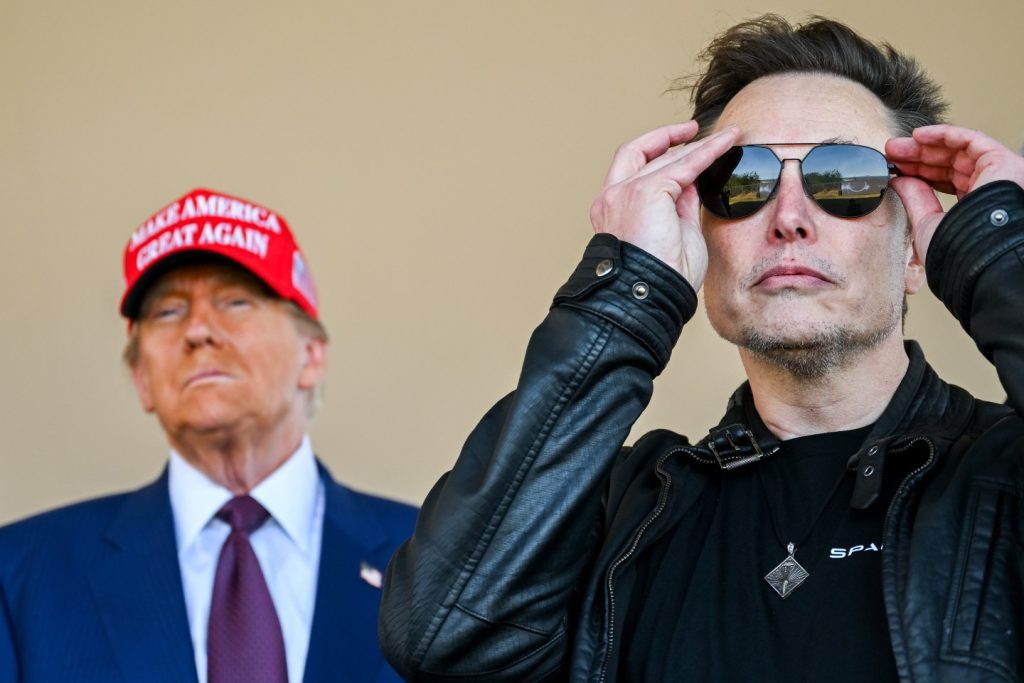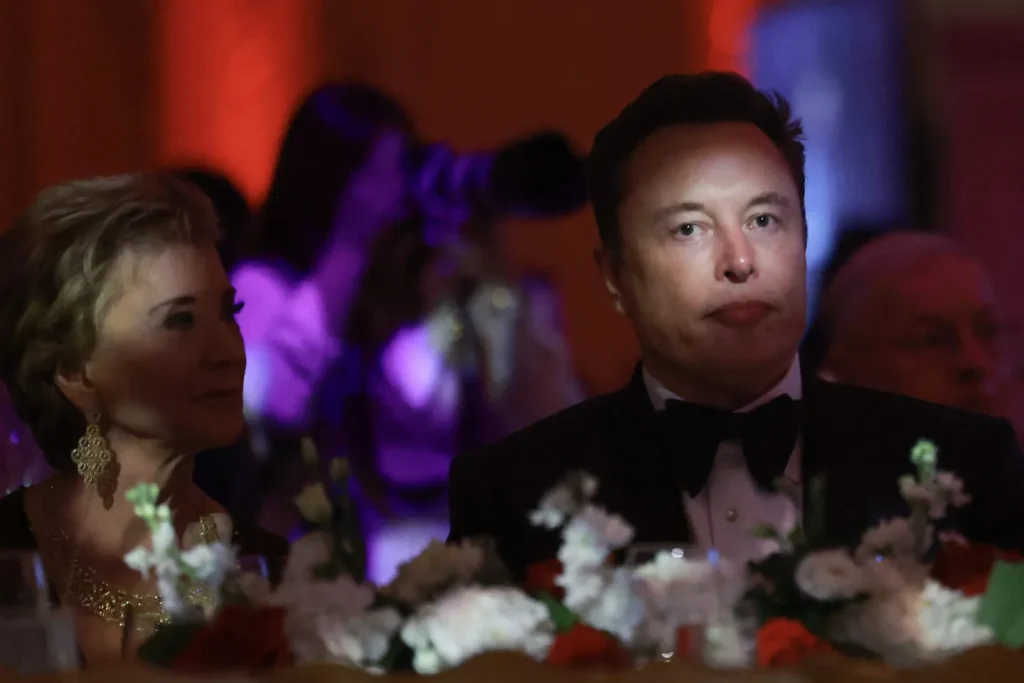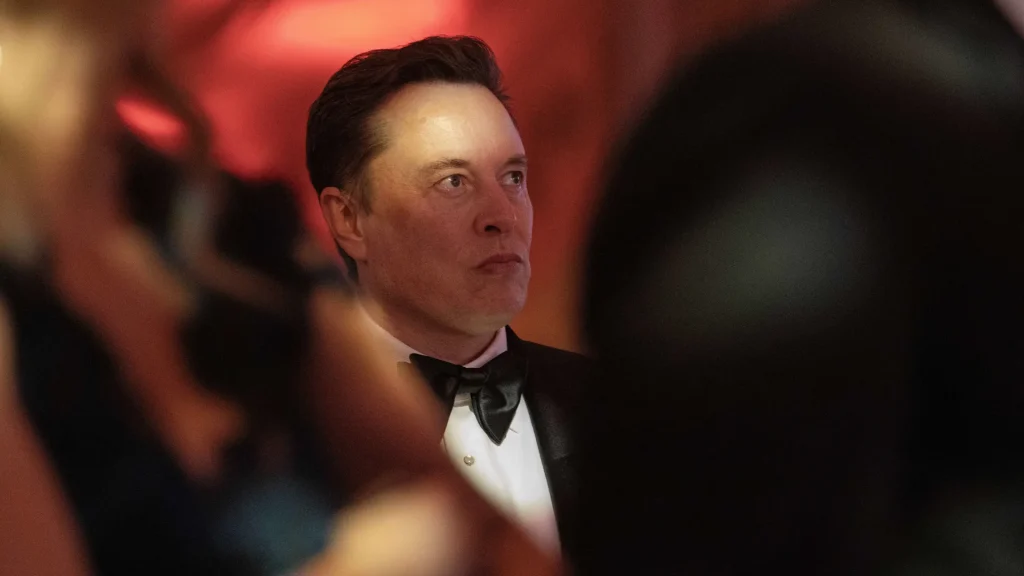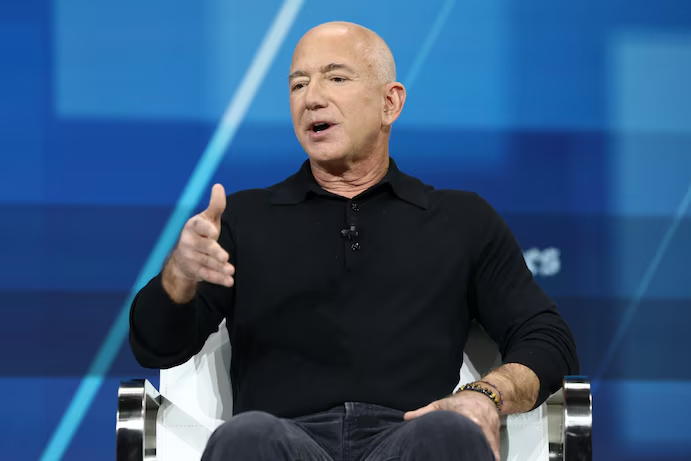Elon Musk’s Government Overhaul Ambition: Can His Private Sector Strategies Work at DOGE?

Elon Musk has long been known for his bold, sometimes controversial, leadership strategies. From revolutionizing electric vehicles with Tesla to leading the charge for private space travel with SpaceX, Musk’s ventures have made him one of the most influential figures in the business world.
However, his recent moves to reshape other sectors have raised questions about whether his hands-on, private-sector approach can be successfully applied to more public-facing roles, especially within government and cryptocurrency.
Musk’s acquisition of Twitter (now X) in 2022 demonstrated his unique and often unconventional approach to management.
In a move that surprised many, Musk gutted much of Twitter’s staff, implemented sweeping changes to the platform’s policies, and redefined its direction.
This “private sector model” was not without its controversies, but Musk’s willingness to radically overhaul a major company has led some to believe that he could similarly transform other industries, including government functions and even digital currencies.
Elon Musk’s Track Record: Disruption and Innovation
Musk’s approach to business has always been characterized by his desire to break from tradition. At Tesla, he disrupted the auto industry by not only pushing the envelope on electric vehicles but also challenging conventional models of production and distribution.
His SpaceX company took on the powerful aerospace giants, making space travel more cost-effective and helping usher in a new era of commercial space exploration.
However, it’s Musk’s leadership style—often direct, unyielding, and demanding—that has truly set him apart. He’s known for making bold decisions, often with little regard for conventional wisdom, and pushing his teams to execute on ambitious goals. Musk’s time at Twitter showed just how far he was willing to go.
After taking control of the platform, he cut staff, restructured key departments, and introduced new features and policies with speed and aggression that left many questioning the sustainability of his approach.
While Musk’s private sector successes are well-documented, his leadership style has drawn criticism from those who argue that it’s not always suited to larger, more bureaucratic organizations, such as government or even large-scale tech platforms with millions of users.
Government Overhaul: Musk’s Latest Ambition
Musk’s latest venture seems to be a drive to influence the way government functions, much in the same way he has reshaped tech companies.
In recent comments, he has suggested that he intends to “gut” government systems, advocating for a leaner, more efficient approach akin to what he’s done at Twitter.
Musk’s goal is to implement a private-sector mindset in public administration, emphasizing performance, accountability, and speed over bureaucracy and red tape.
This ambition, while not entirely new for Musk—who has often spoken about the inefficiencies of government—has raised concerns among political analysts.
Transitioning from the private sector to governmental functions isn’t straightforward, as it involves complex systems, laws, and societal impacts that aren’t as easily manipulated as the corporate world.
Government agencies have longstanding structures, often with layers of accountability, oversight, and regulations that Musk’s approach might not easily reconcile with.
Musk’s inclination to streamline processes, slash jobs, and reallocate resources based on performance may not align with the careful, balanced decision-making required in government operations.
Critics argue that reducing staff in essential areas and focusing on efficiency could lead to unforeseen consequences, especially when it comes to services that impact millions of citizens, from healthcare to national security.
Testing His Private Sector Strategies with DOGE
Musk’s foray into cryptocurrency has further complicated his public sector ambitions. DOGE, or Dogecoin, is a cryptocurrency Musk has championed, calling it the “people’s currency” and promoting it as a decentralized alternative to more traditional digital currencies.
DOGE’s rise has been largely fueled by Musk’s Twitter presence and his vocal endorsement, but it is also tied to the same disruptive ethos that has made Musk a figure of fascination and controversy.
While Musk’s private sector strategies may work well in certain environments, the world of cryptocurrency and digital assets poses unique challenges.
Cryptocurrency markets are notoriously volatile, and DOGE, like other digital currencies, is subject to fluctuations that can significantly impact its value.
Musk’s influence has undoubtedly helped DOGE gain mainstream recognition, but it also raises the question of how sustainable this approach will be.
His intervention in the currency’s value through public statements and actions has led to both surges and crashes in its price, highlighting the risks involved with Musk’s leadership in this space.
Unlike traditional companies where Musk can exert full control over production, development, and outcomes, cryptocurrency markets operate in a decentralized manner, meaning that even Musk’s actions don’t guarantee consistent results.
Dogecoin’s value, for example, depends not just on Musk’s tweets, but on the broader market’s behavior, regulatory changes, and investor sentiment.
This makes his approach to DOGE testing ground for how far his private-sector tactics can go in an environment that’s less predictable and not as directly manipulable.
The Broader Implications of Musk’s Ambitions
Musk’s growing influence across industries raises important questions about the intersection of private-sector strategies with public institutions.
Whether it’s in government policy, social media, or cryptocurrency, Musk’s “disruptive” approach to leadership has generated both excitement and concern.
On one hand, Musk’s ability to innovate and streamline has led to real-world improvements in certain sectors, from energy to space exploration.
His management style has pushed companies to be more agile, more innovative, and more customer-focused, benefiting industries that are eager for change.
For proponents of his methods, Musk’s approach represents a path toward solving bureaucratic inefficiencies and introducing a more nimble, results-driven form of leadership.
On the other hand, critics argue that Musk’s disregard for conventional structures may result in unintended consequences. Government functions, unlike tech companies or cryptocurrencies, often involve complex social responsibilities.
Moving too quickly to reduce staff, centralize power, or impose a profit-driven mentality may erode the very services that citizens rely on.
In the case of DOGE, Musk’s strategies are being tested. The volatile nature of cryptocurrency, combined with Musk’s unpredictable influence, may ultimately prove that the private-sector model doesn’t work as smoothly in environments beyond traditional corporate structures.
While his innovative ideas have garnered success in some areas, his approach to managing currency, social platforms, and potentially even government could face greater resistance.
Can Musk’s Strategy Thrive Outside the Private Sector?
Elon Musk’s vision of applying private sector strategies to broader societal challenges is bold and ambitious. His past success in companies like Tesla and SpaceX demonstrates his ability to disrupt industries and push boundaries.
However, as he looks to influence government structures and continue his involvement in the world of cryptocurrencies, it remains to be seen whether his tactics will be as effective.
Government, with its complex regulations and wide-reaching consequences, may prove more difficult to change than Musk anticipates, just as the volatile nature of cryptocurrency markets presents challenges that Musk’s influence may not be able to fully control.
As Musk continues to navigate this new chapter of his career, the world will be watching closely to see whether his private-sector success translates into lasting change for more public-facing ventures.






